
2 minute read
Nautical Terms in our language FLORIDA WATERWAYS
As a linguist all of my adult life, I have come to appreciate the nuances of our language and its ability to borrow terms from very different fields. As a fisherman and boater, I have become interested in how English takes words from those two fields and uses them in new ways.

By Kevin McCarthy
For example, take “chumming,” the practice of throwing ground bait, called “chum,” into the water, in order to attract large fish to one’s boat. One can use different kinds of meat, including fish, especially the smelly, bloody kind that attract predatory fish. Fishermen used to use offal, which was the rejected parts of slaughtered animals, for example internal organs.
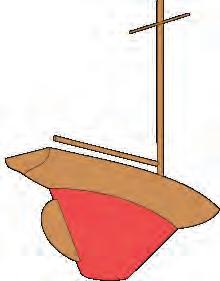
The term may go back to the chum salmon, a type of fish found in the Pacific Ocean. In turn, that word may go back to the Chinook language, meaning “spotted or striped,” referring to chopped-up fish used as bait. In some parts of the South, fishermen used sour grain to try to catch catfish in inland waters. In 2019, the Florida Fish and Wildlife Conservation Commission prohibited chumming when fishing for sharks from the beach.
Secondly, a maelstrom is a large, violent whirlpool at sea or, metaphorically, a chaotic, turbulent situation. The word comes from the name of a giant whirlpool that seamen claimed occurred off the west coast of Norway in the Arctic Ocean. While most fishermen will never experience such a storm, they might be tempted to use the term for a monster storm. The illustration here is from 1919 and was used for Edgar Allan Poe’s story called “A Descent into the Maelstrom.”
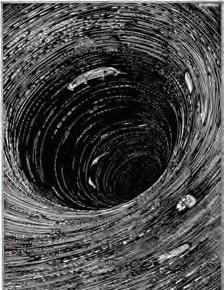
Thirdly, “to fish or cut bait” means to quit wasting time, make up your mind. To
“cut bait” means to prepare the bait for fishing, maybe using chum to attract fish. Most people on a fishing boat either prepare/cut the bait or fish.
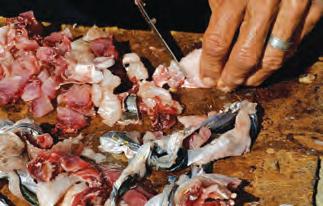
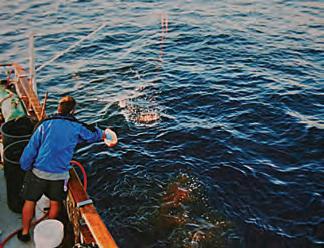
Fourthly, “to turn a blind eye to” means “to deliberately ignore or overlook.” It may go back to Lord Horatio Nelson in 1801 during the Battle of Copenhagen. Almost blind in one eye from a previous attack, Nelson supposedly put his spyglass to his blind eye, said that he could not see any officer signaling a retreat, led his ships into battle, and succeeded in beating the enemy. Because he was victorious in the battle, his superiors turned a blind eye to his dereliction of duty.
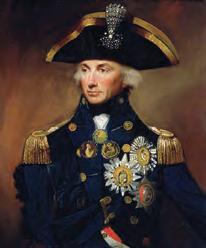
Fifthly, “to make no bones about it” means “to have no scruples or reservations” and may come from the hope that, in eating soup, fish, or stew, it helps to have the bones removed first.
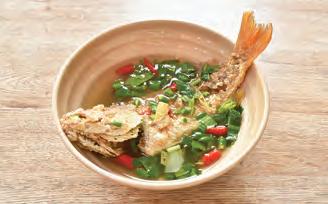
Sixthly, ballast, meaning heavy material placed in a boat or ship to provide stability, comes from Middle English “bar” (“bare”) and “last” (load).” A large sailboat’s keel, for example, provides ballast.
I hope you enjoyed these fishy etymologies.










